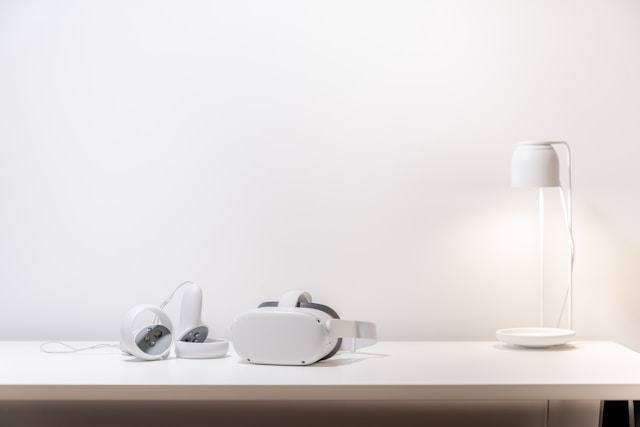
Psychological Type
Does Psychological Type Influence Perception and Memory of Mental Representations when Exploring a Virtual Environment?
Dr Gwennan Barton, Lecturer in Cognitive Psychology
The research aimed to examine whether psychological type influences an individual’s attention and memory of landmarks when exploring a novel virtual environment. The proposed publication concentrated on a specific phase from the original study, exploring whether psychological type influences the attention to landmark information.
A mixed methods experimental design was employed within the overarching original study with multiple phases. The design was selected to provide a more comprehensive understanding of the research question with regards to psychological type. The quantitative eye-tracking phase is focused upon in the proposed article. A self-selected volunteer sample of 93 individuals was recruited. Ethical approval was granted by Wrexham Glyndŵr University and adhered to the British Psychological Society’s Code of Ethics and Conduct (2018).
Individuals explored a virtual desktop environment containing landmarks whilst eye movements were recorded using an Eye-Tribe eye tracker and OGAMA software. The eye-tracking and exploration phase was examined in terms of total number of revisits to landmarks. An item analysis was also conducted. The eye tracking and exploration section was succeeded by other phases such as memory tasks and open-ended questions. In addition, participants completed demographic information and a psychological type instrument (FPTS; Francis, 2005).
There were no statistically significant differences indicated between each level of psychological type (functional pairs and dominant types) and total revisits (returns) to landmarks. The findings contribute to psychological type and cognitive literature and will be discussed with regards to factors that influence attention to landmark objects in relation to Psychological Type Theory.



